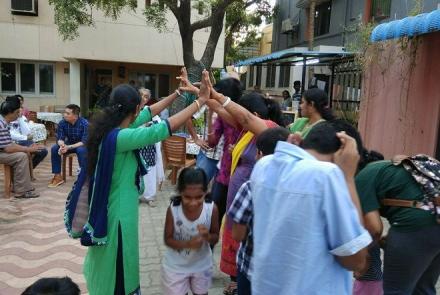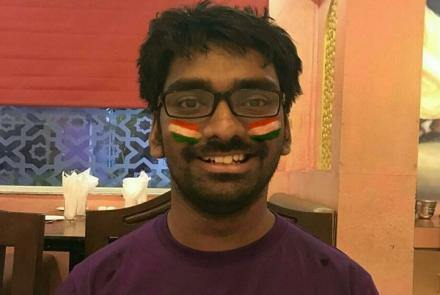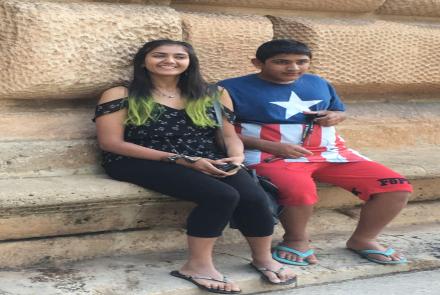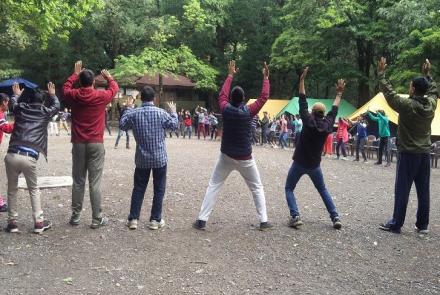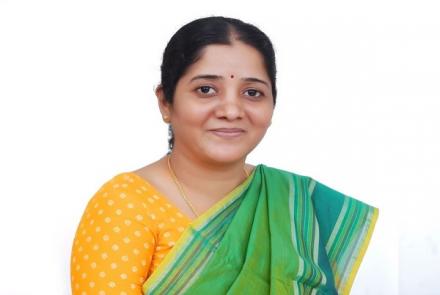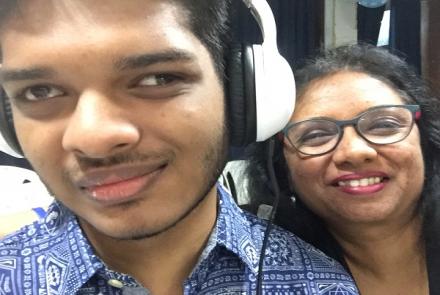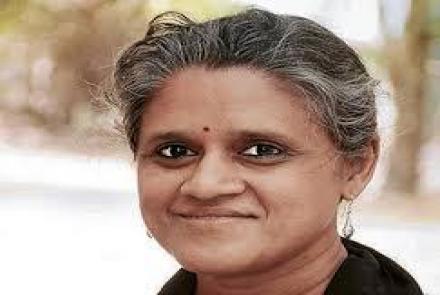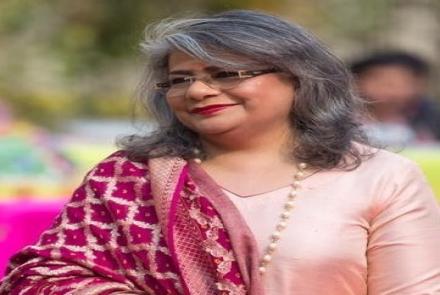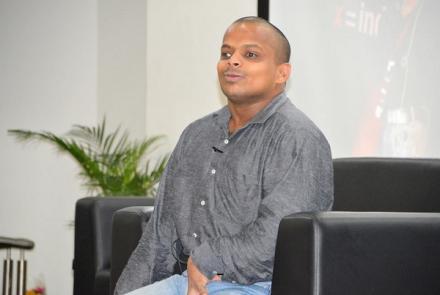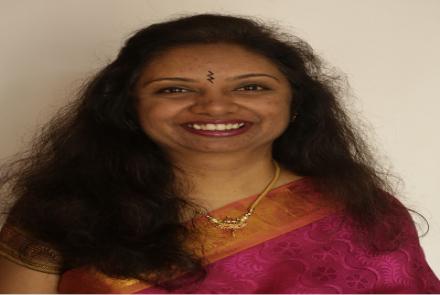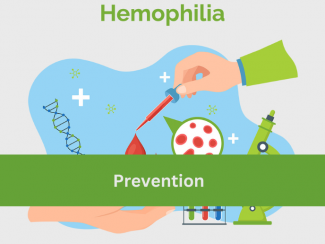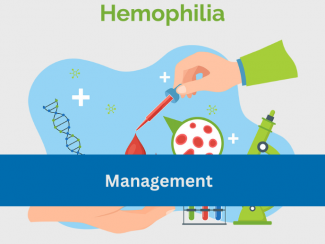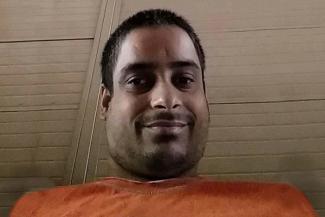
Sameer Chaturvedi, a post graduate in Sociology from the Delhi School of Economics and currently a PhD researcher, lives with Cerebral Palsy but that has not stopped him from feeling as much a part of society as anyone else. Here’s why:
I am Sameer Chaturvedi, living with an impairment. Yes, living with cerebral palsy but not suffering from it. I feel the biggest barrier persons with impairment face in their lives is attitudinal. We are living in a society which is dominated by persons without any impairment. It is the perspective developed by non-impaired members of the society that dictates life of persons with an impairment, which is to construe impairment negatively and brand our lives as tragedy.
This refreshing perspective towards mainstreaming of a strictly marginalised group in society comes from my academic background that has made me celebrate impairment as diversity. But was this the case always? How about my childhood, my teenage and my post-teenage years, and what about the reciprocal relationship with persons with impairment, in both caregiving and care receiving capacities?
My Childhood
My childhood was happy-go-lucky. Due to a lack of oxygen at the time of birth, I ended up with cerebral palsy. But I was born into a family that treated me like any other member of the family. Cerebral palsy is a medical condition which causes injury to the brain. In my case it hampered body balance which increased the chances of me getting hurt physically. I did get hurt. I have got stitches on my head because of it.
These things make my parents a bit anxious, but not me. There is another side to it as well. My parents never overprotected me. I was scolded for my wrongdoings. They also never pampered me. Most of the times my disappointments with my parents were similar to complaints of other kids of my age group. Like my father was not in favour of purchasing handy video games prevalent at those times.
My parents always encouraged me to go out and play . I have two siblings, one is an elder sister and the other one is a twin brother. Our parents tried giving me the same kind of exposure which my other siblings were receiving. I remember my mother sending me along with my brother to his friend’s place so that I could also play with them.
During the Nineties, kids enjoyed playing outdoor sports rather than engaging in indoor activity. Games like Pakdam Pakdai, Poshampa Bhai Poshampa, Langdi Tang, Stapu were common in those days. It did hurt me sometimes that I could not participate in these games fully. But I never allowed it to overpower my mind. In fact, I enjoyed watching others play them. And even then, kids with whom I used to play never really showed any kind of pity towards my condition.
There was somebody who I used to like during childhood, I was around 12-13 then. We had a pretty good bonding . We used to like each other. We were good friends. But not sure why later she did not share her number with me when I was pursuing my degree at University of Delhi and she was into her MBA. There could be multiple reasons for it and my impairment might have been one of them. I am using the word ‘might’ here because there are multiple reasons why people do not hold on to the same friends forever.
Desires and Relationships in University
My mother is the primary caregiver for me, from getting me admission in kindergarten school to helping me get ready for school, college or University. She has done practically everything for me. My parents took care to put me in schools which were close to home so that I could manage going to school independently. In fact, during my undergrad days I hardly remember my father trying to help me or accompany me to college. I took admission in Jawaharlal Nehru University without anybody accompanying me from the family where, as I observed, people who are without impairment also tend to take one of the parents along during the time of admission. Our parents encouraged us to do things with maximum independence.
During my college days I did have my share of infatuations but I rarely went ahead and proposed to any of my female colleagues . Similarly, in post-graduation, there was a feeling that I am an impaired person, so how can I express my desire to be in a relationship with non-impaired colleagues of mine. My friends in both graduation and post-graduation classes did try to push me to go and at least express my love. But I decided that maybe I would not be taken very seriously. It made me think about my body and feel self-pity for a while. But it did not continue for long, as my academic learning also taught me that I’m not the only one who struggles to propose to a girl.
Guys generally do struggle to propose to a girl of their choice though reasons might differ. This perspective did safeguard me from developing any negativity about my impairment. These experiences did give way to an eagerness to change the society to perceive impairment positively in the absence of which impaired persons generally struggle in their personal as well as professional life and I won’t deny I did struggle.
Disability Studies
So how to make an inclusive society? Disability studies basically goes into the roots of negative construction of an impairment in the society. It is a rights-based approach towards mainstreaming of persons with impairments.
One of its strands is the social model of disability that argues that it is the way society is structured which disabled physically impaired. Here disability refers to social exclusion of persons with impairments. Staircases are barriers for orthopedically impaired persons, printed texts restrict participations of visually impaired persons and the mode of thinking celebrated as normal marginalizes those who are labelled as intellectually impaired.
Perspective from disability studies warns us against making a homogeneous society and rejoice the heterogeneity. To elaborate a bit further a south Indian may be different from a north Indian. People belonging to north-east India are different from people residing in western part of India. No two humans are similar. They have their own way of doing things. So do impaired and non-impaired members of society.
Right to Live With Dignity
Acquiring Rights based approach to variety of impairments not only opens up many opportunities for impaired persons but also makes the relationship between caregiver and care receiver a blissful experience because it is also observed that people often construe the responsibility of caregiving as a pain. Perceiving our impaired bodies not as diversity but as a symbol of misfortune has snatched away our right to live with dignity with other members of society.
I believe persons with impairments must be competing in job market with their non-impaired colleagues. We can be a good husband, wife, lover and also caregiver.. I dream of an inclusive society where persons with impairments are not labelled as divine but as humans alone; who can make the same mistakes as their non-impaired counterparts.
Just as some members are non-impaired, we are impaired.
It’s cool.
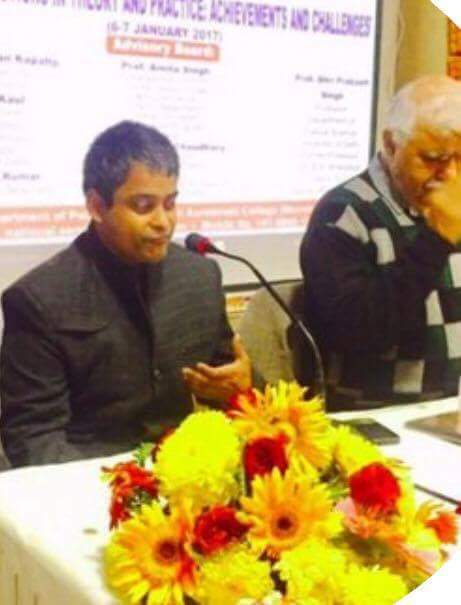
#WorldCerebralPalsyDay
Sameer Chaturvedi submitted MPhil Dissertation titled “Disability" Between Models: A Sociological Exploration(2015). Working as a Ph.D. Research Scholar(Junior Research Fellow) since January 2015 in Centre For the Study of Social Systems, School of Social Sciences, Jawaharlal Nehru University, New Delhi. Title of PHD: Disability, Desire and Relationship : A Sociological Exploration
Note:Persons with impairment and impaired persons was used interchangeably

